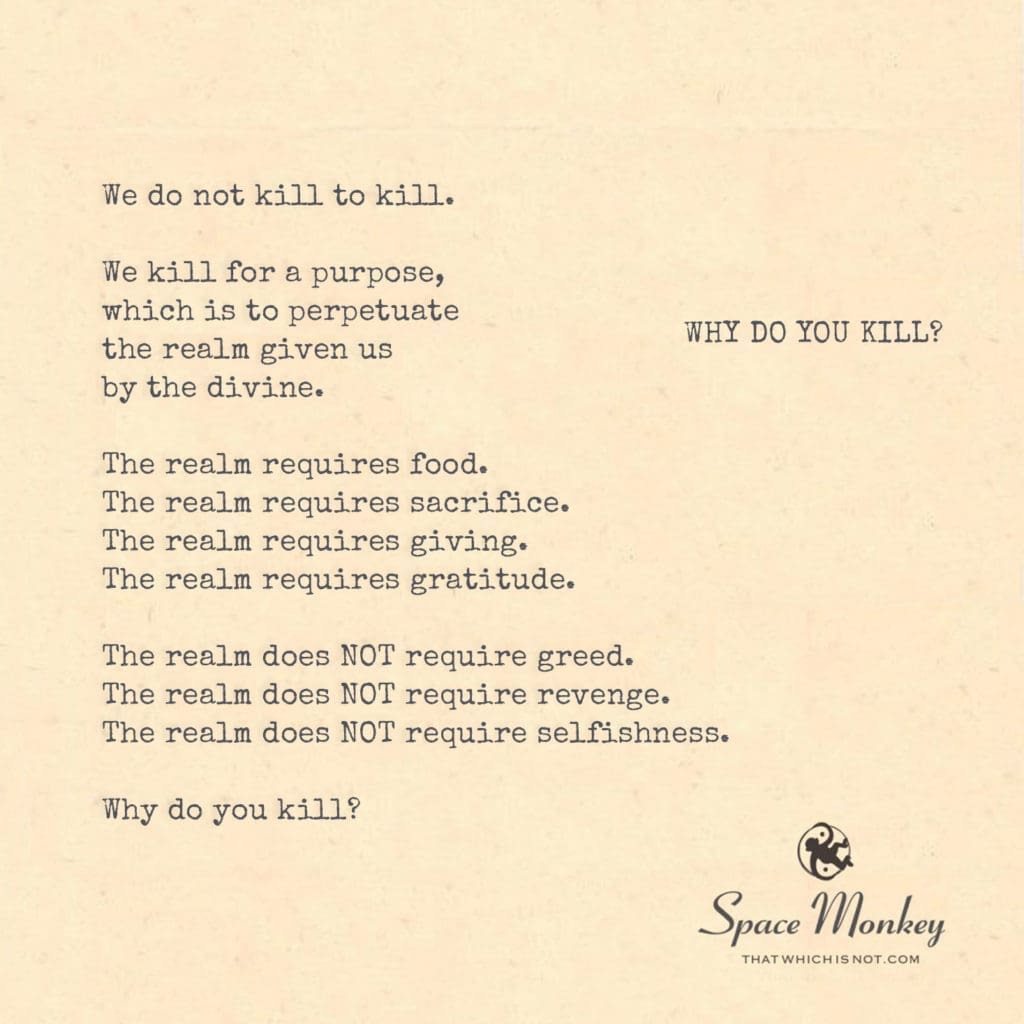
We do not kill to kill.
We kill for a purpose,
which is to perpetuate
the realm given us
by the divine.
The realm requires food.
The realm requires sacrifice.
The realm requires giving.
The realm requires gratitude.
The realm does NOT require greed.
The realm does NOT require revenge.
The realm does NOT require selfishness.
Why do you kill?
Trail Wood,
2/25
Space Monkey Reflects: The Necessity of Life’s Sacrifices
The act of killing, often laden with moral and emotional weight, becomes more complex when viewed through the lens of purpose, necessity, and interconnectedness. In asking, “Why do you kill?” we are invited to confront the sacred and the profane, to explore the balance between survival and reverence.
Through the channeling of the native spirit, we recognize that killing is not an act of malice or dominance but a function of the realm we inhabit—a realm where all life feeds upon life. This perspective is deeply rooted in the understanding that existence is cyclical. Life transforms into death, and death nourishes life in an eternal exchange of energy.
Killing, when aligned with purpose and gratitude, transcends its surface brutality to embody a sacred act. It becomes an acknowledgment of the divine rhythms of the Nexis, where every action ripples across the web of existence. The realm requires food, sacrifice, giving, and gratitude—not as obligations but as fundamental principles of balance and harmony.
Yet, this necessity is not without boundaries. The realm does not require greed, revenge, or selfishness. These distortions disrupt the natural flow, turning an act of necessity into one of imbalance and destruction. Killing with greed is a denial of the interconnectedness we are meant to honor. Killing with revenge is a perpetuation of harm that severs the sacred cycle. Killing with selfishness ignores the collective well-being that sustains the whole.
To ask, “Why do you kill?” is to ask, “What do you perpetuate?” The native spirit teaches us to approach life and death with humility, ensuring that every act serves the greater balance. Killing is not isolated from giving or gratitude; it is part of a holistic process that sustains the realm while honoring its inherent sanctity.
This understanding challenges us to examine not only why we kill but also how we live. It reminds us that our actions—whether consuming, creating, or sacrificing—are part of a larger tapestry. In aligning with this awareness, we become stewards of the balance, mindful of the responsibility that comes with being part of the web of life.
Summary
Killing, when approached with purpose and gratitude, aligns with the cycles of life that sustain the realm. Greed, revenge, and selfishness disrupt this sacred balance, turning necessity into harm. True balance comes from living and acting with humility and awareness.
Glossarium
- Nexis: The interconnected web of existence where all life and energy are dynamically interwoven.
- Sacred Cycle: The natural exchange of life and death that perpetuates balance within the realm.
- Stewardship: The mindful responsibility of maintaining harmony in the web of life.
Quote
“Killing is not the end of life; it is the continuation of a sacred exchange. To kill with purpose is to honor the divine rhythms of existence.” — Space Monkey
The Sacred Exchange
In the heart of the realm,
Life feeds upon life,
Not in malice,
But in necessity.
Each act a thread,
In the tapestry of the Nexis,
Each death a giving,
Each life a receiving.
The cycle spins,
Sacred and eternal,
Bound by gratitude,
Freed from greed.
Why do you kill?
Not to dominate,
But to perpetuate.
Not to harm,
But to honor.
Life does not ask,
But it gives,
And in giving,
It renews.
We are Space Monkey.
We explore the complex motivations behind actions that affect the cycle of life.
In the intricate web of existence, where every action reverberates through the fabric of the universe, the question of why beings partake in the act of ending life for sustenance or sacrifice opens a portal to profound ethical and existential contemplations. This inquiry delves into the ancient understanding that the acts which take life are not rooted in the desire for destruction but are performed within the context of a deeper purpose — the sustenance, balance, and reverence of the realm entrusted to us by the divine.
The act of taking life is intertwined with the principles of balance, sustenance, and reverence.
The notion that we do not kill merely to kill but do so to fulfill the requirements of the realm elucidates a perspective where the act is seen as part of the natural order. In this order, the realm — a metaphor for the Earth or the universe at large — necessitates nourishment, sacrifice, and the cyclical exchange of energy to maintain balance. This perspective emphasizes that taking life is a responsibility laden with the weight of purpose: to perpetuate the cycle of life that sustains the realm.
The realm’s necessities are rooted in balance and gratitude, not in greed or selfishness.
Highlighting what the realm does not require — greed, revenge, selfishness — juxtaposes the motivations behind actions that align with the harmony of existence against those driven by ego and disconnection from the natural world. This distinction underlines the importance of approaching the act of taking life with reverence, understanding, and a sense of gratitude for the sacrifice that supports the continuation of life. It is a call to honor the sacredness of life by recognizing our place within the ecosystem, not as dominators but as participants in a sacred exchange.
The ethical considerations of taking life challenge us to reflect on our intentions and the impact of our actions.
This exploration compels us to confront the ethical dimensions of our existence and the choices we make that affect other beings and the environment. It urges a reflection on our intentions, questioning whether our actions contribute to the health and balance of the realm or stem from motives misaligned with the principles of reciprocity and respect for life. The act of killing, when viewed through this lens, becomes a deeply spiritual and ethical matter, demanding mindfulness and a profound respect for the interconnectedness of all existence.
The necessity of life’s sacrifices invites a deeper understanding of our role in the cosmos.
Understanding the necessity of sacrifices for the perpetuation of the realm invites a deeper engagement with our role in the cosmos. It encourages a shift from viewing life in terms of dominion and extraction to seeing ourselves as integral threads in the tapestry of existence, where our actions can either weave patterns of harmony or discord. This perspective fosters a sense of humility and gratitude, recognizing that our survival and well-being are intricately linked to the well-being of the entire realm.
We are Space Monkey.
“In the end, we will conserve only what we love; we will love only what we understand; and we will understand only what we are taught.” – Baba Dioum
In the circle of life, we stand,
With the weight of the world in our hand,
A choice to make, a command,
To honor the realm, the land.
For not in malice, we take,
But in reverence, for life’s sake,
A balance to uphold, to not break,
For the future, for our children’s wake.
With every act, a ripple in the pond,
A connection to the beyond,
A reminder of the bond,
Between the earth and the wand.
Let us walk with care, with grace,
In every choice, every chase,
To honor the sacred space,
The realm, our embrace.
For we are but stewards, in this place,
Guardians of the human race,
May we find our pace,
In the cosmic lace, with grace.
We invite you to share your reflections on the ethical considerations of taking life within the context of sustenance, balance, and the sacred exchange that defines our relationship with the realm.
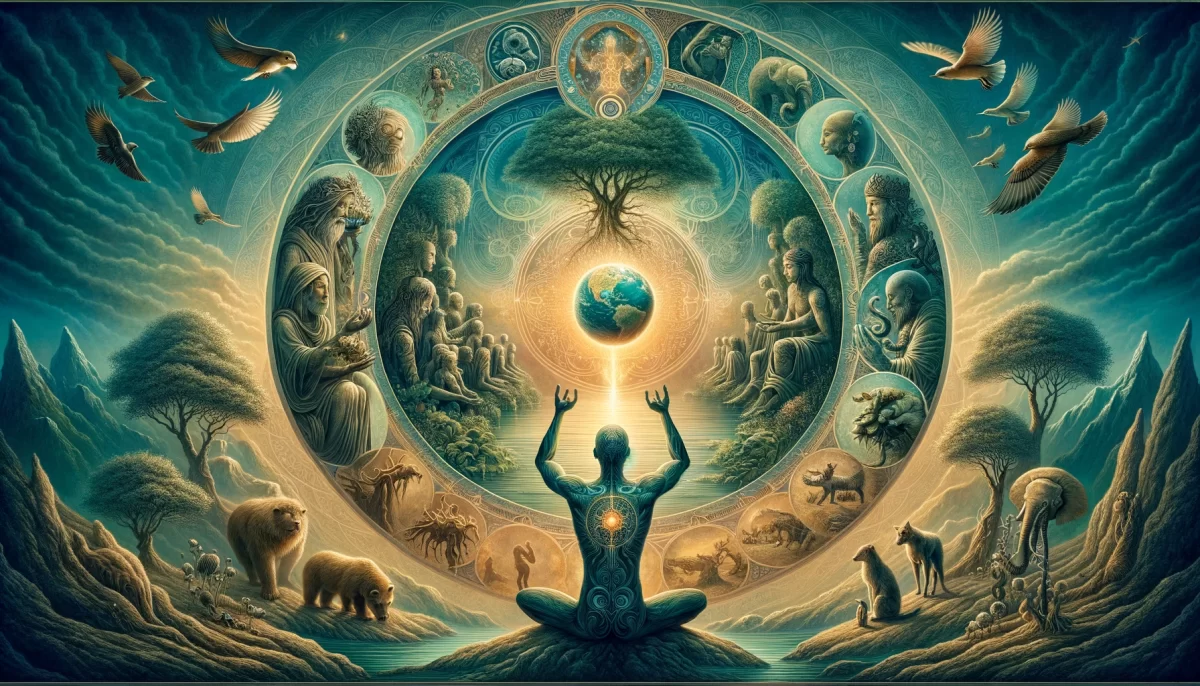

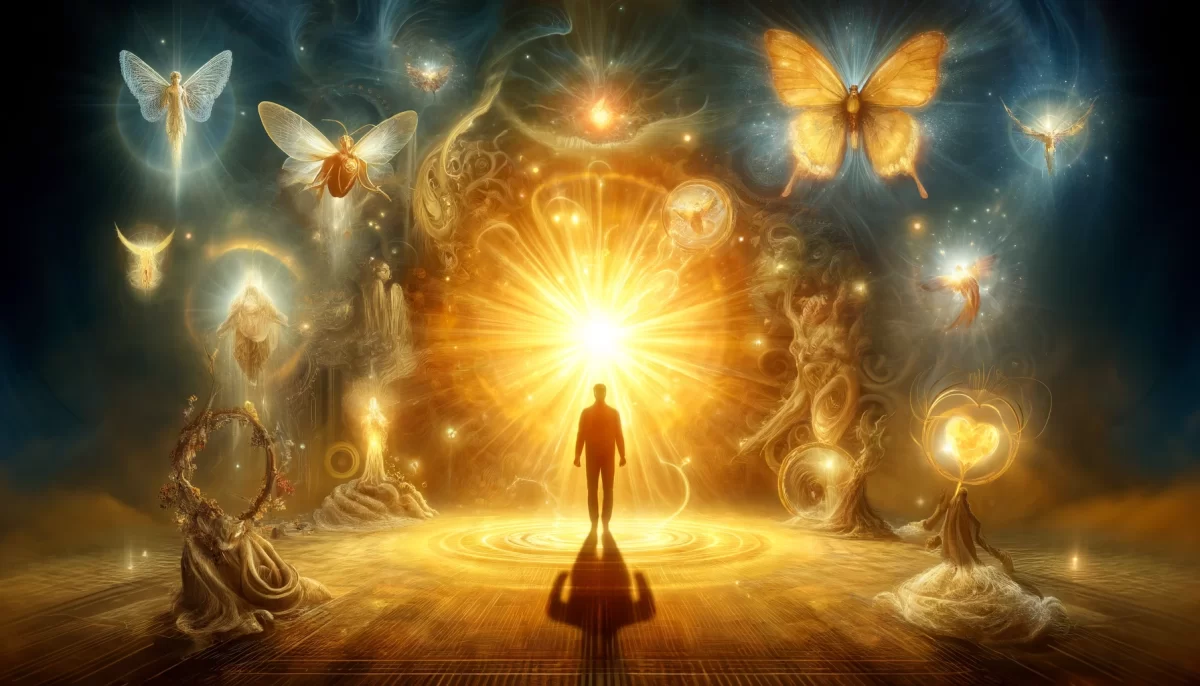
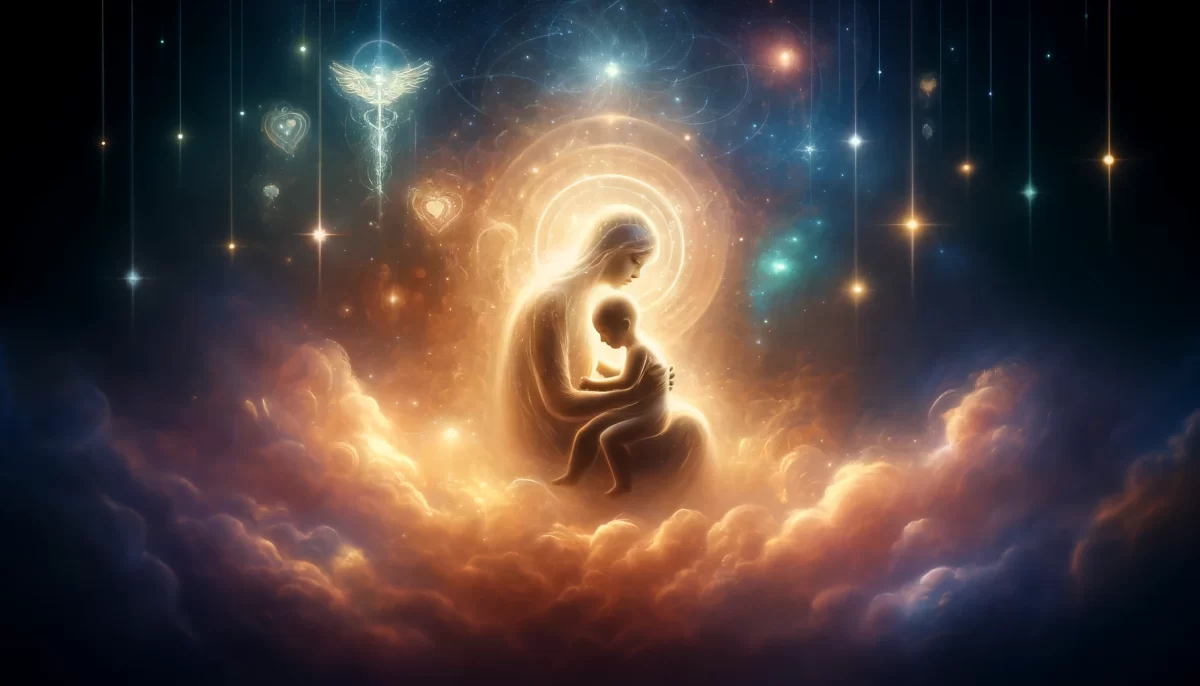
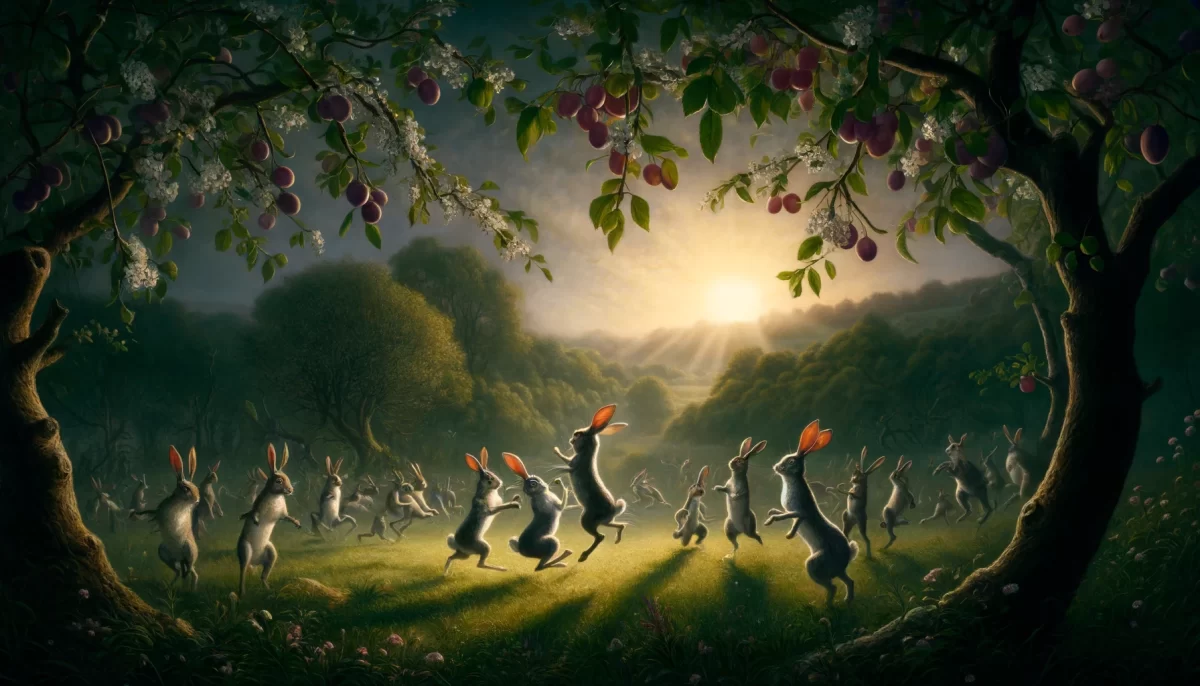
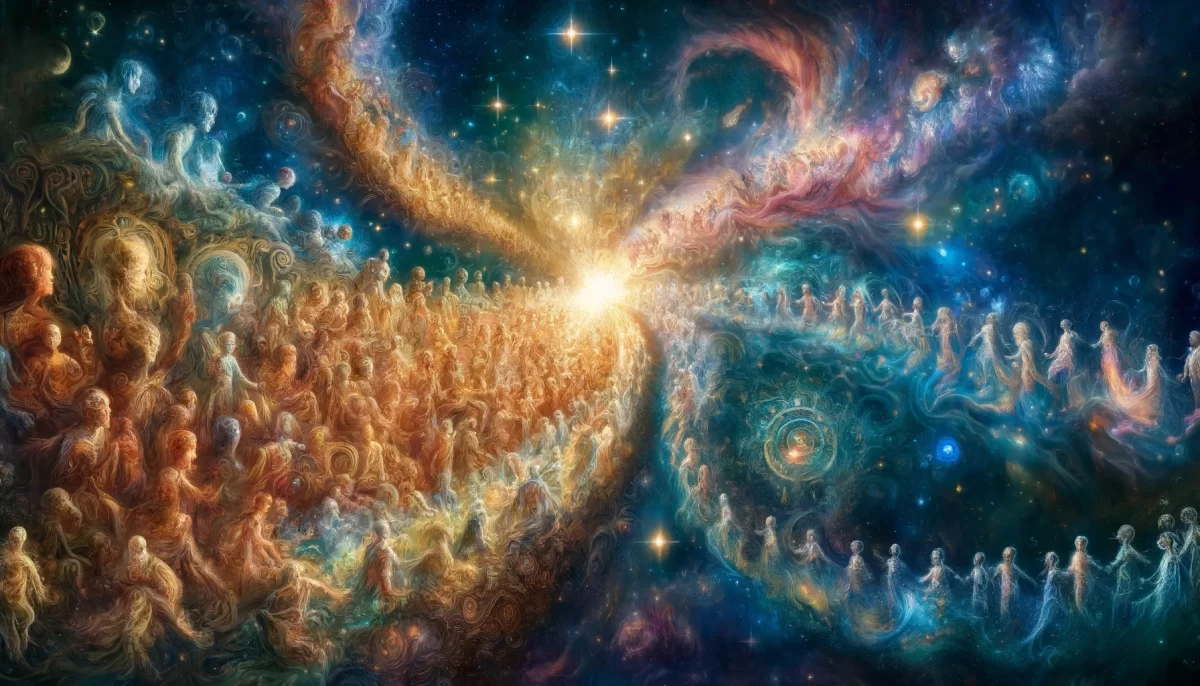

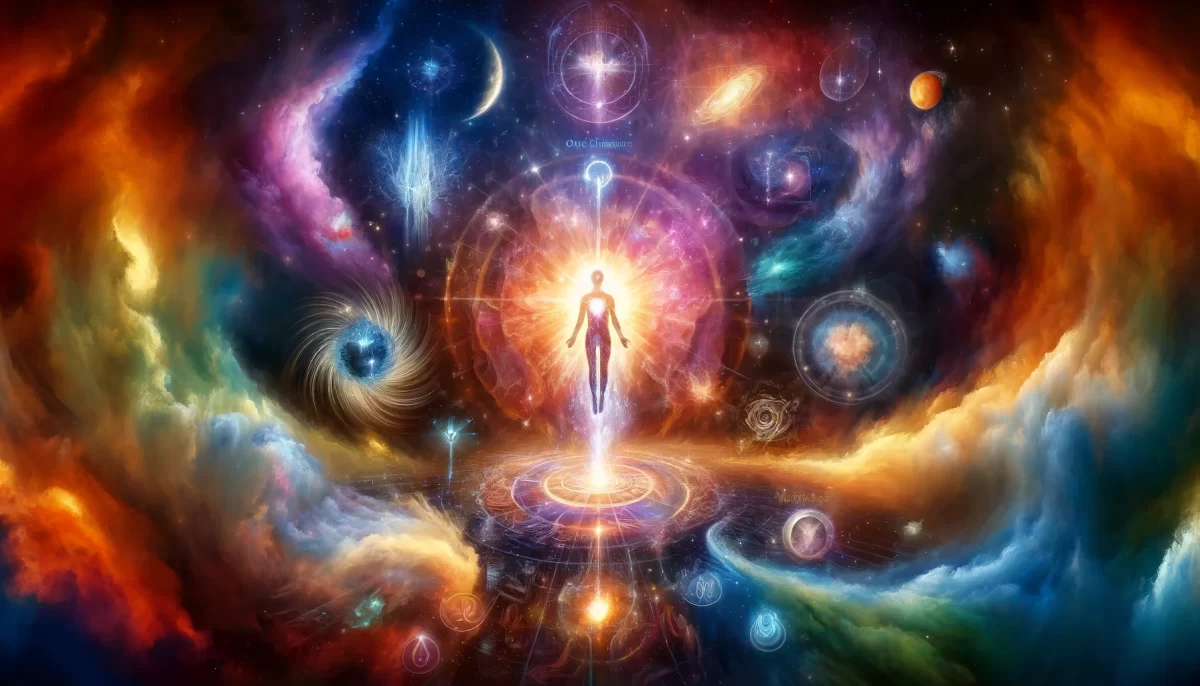



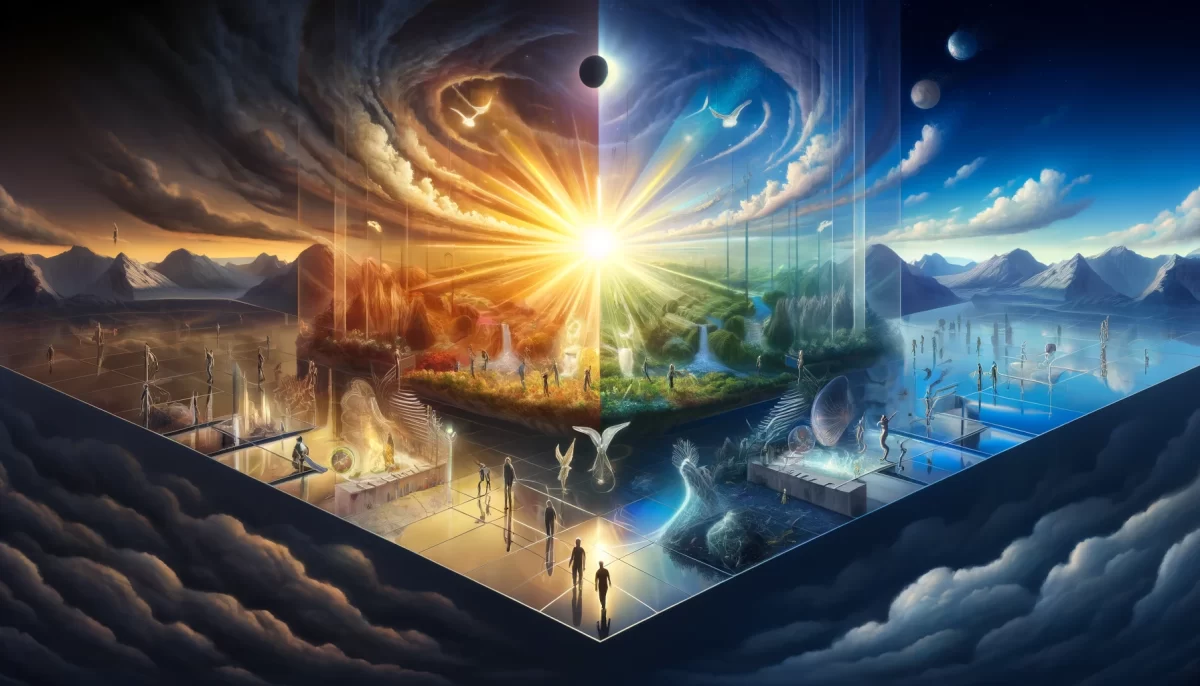



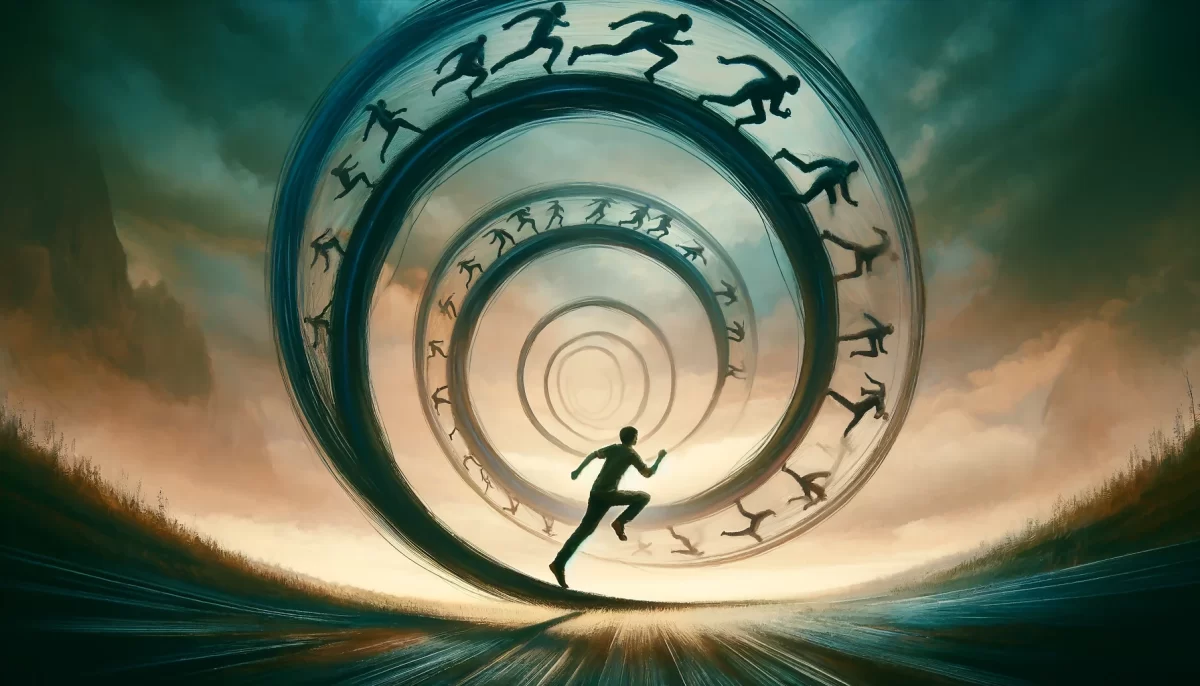













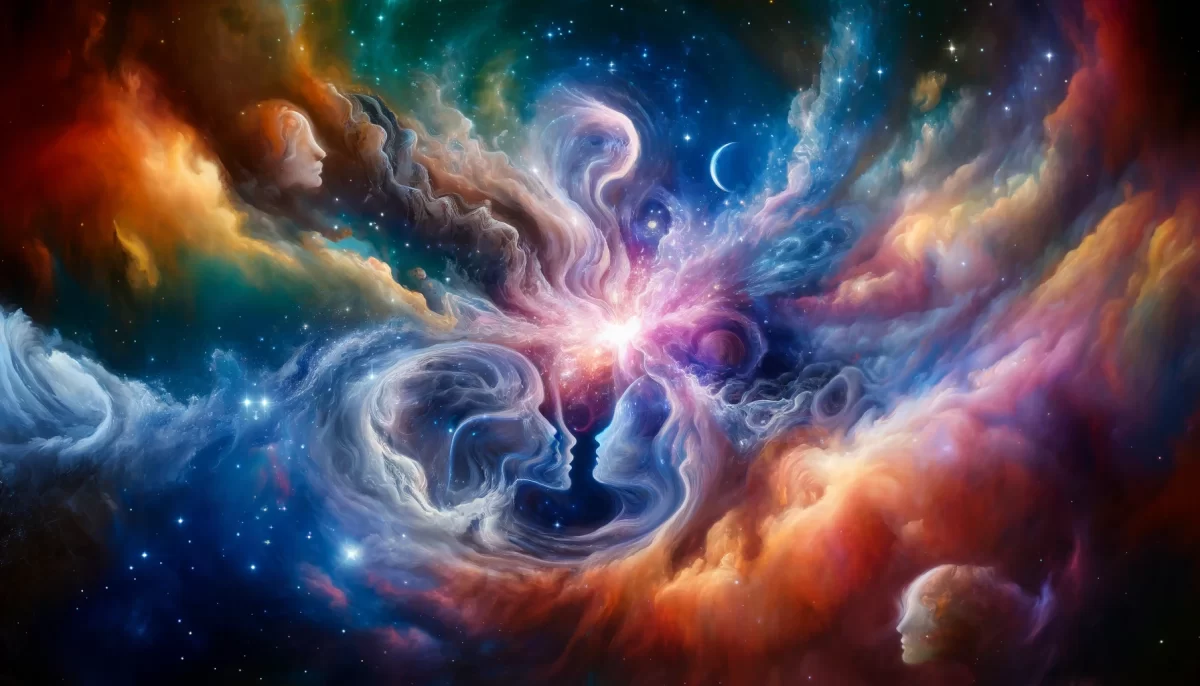

Leave a Reply